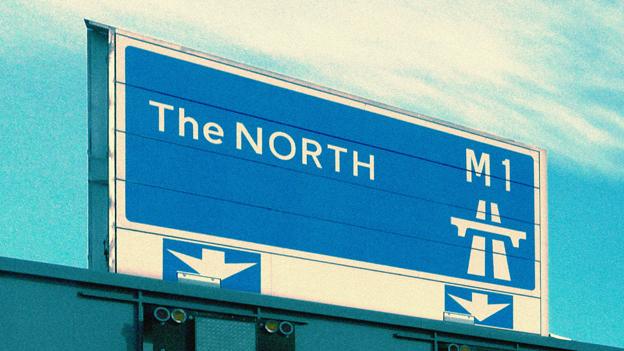Budget 2016: New criminal justice powers for Greater Manchester
- Published
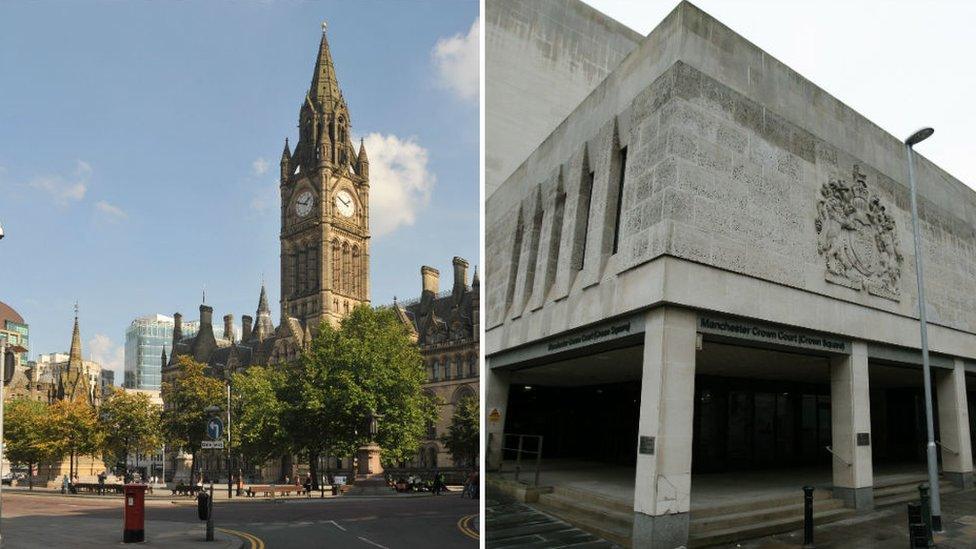
Greater Manchester Combined Authority will be given new power over criminal justice
Greater Manchester is to become the first English region to get new powers over the criminal justice system.
Chancellor George Osborne used the Budget to announce further devolution of powers to the area.
The change means decisions on offender management, education in prisons and work with youth offenders will be made locally.
The region's Labour mayor, Tony Lloyd, said "we will have to read the fine print" to make sure there is "no loss".
The Chancellor also announced the region will get a new prison and will keep 100% of business rates, beginning next year.
'Significant step'
Greater Manchester Combined Authority, which comprises the region's 10 councils, said it will have more control of funding to support both offenders and victims of crime.
It is proposing devolving other budgets, including for female offenders, young offenders and those sentenced to fewer than two years in prison, which would mark a major change to the current system.
Announcing the change, Mr Osborne said: "This is the kind of progressive social policy that this government is proud to pioneer."
Greater Manchester will also pilot the approach of retaining 100% business rates - a move that comes three years earlier than expected.
Mr Lloyd, interim mayor and police and crime commissioner for Greater Manchester, called it a "significant step" towards putting power "in the hands of local people" but said he would need to look into the details.
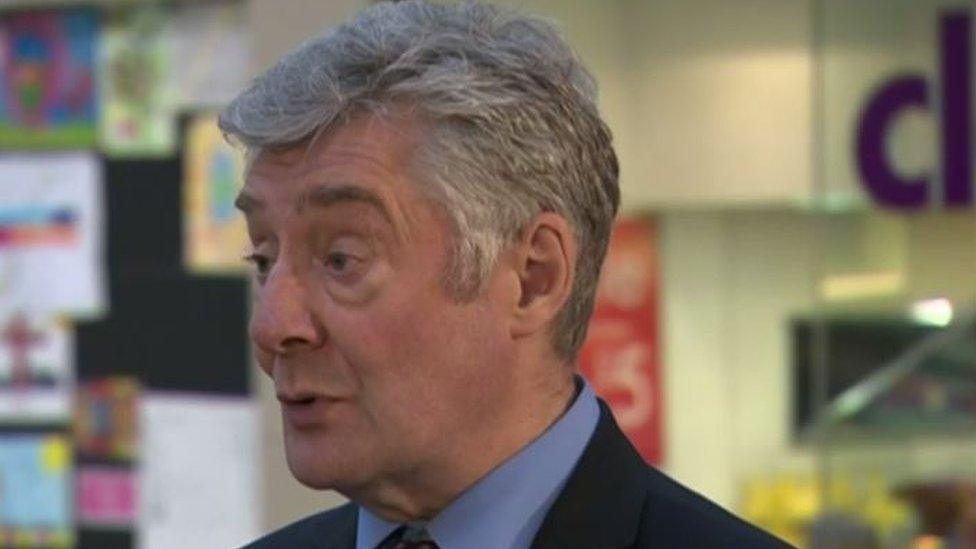
"Let's see the small print", said Greater Manchester interim mayor Tony Lloyd
"In particular, I am pleased that Greater Manchester will take on a greater role in shaping and delivering criminal justice services and have greater influence over funding to support victims of crime."
"What we want to know is that there's no loss as we move through into the long-term future... what we can't have is the government taking away the money that keeps our public services going," he said.

Arif Ansari, North West Political Editor
Greater Manchester and Liverpool city region will pilot a key government policy - the retention of business rates.
This does not mean the two areas will simply keep what they collect. If it did, they would lose a lot of money because they are reliant on redistribution from richer councils.
But it does mean they will be allowed to keep any extra taxation they manage to raise.
The devolution of justice powers to Greater Manchester should give the police commissioner greater say over areas such as rehabilitation.
But it sounds vague; Whitehall tends not to willingly give away powers.
And while the city region continues to spearhead devolution across England, it is not clear how much further or how quickly that agenda continues.

Councillor Kieran Quinn said the "challenge is to show how this can help us create sustainable long-term growth locally", adding: "I'm confident we will."
The Chancellor also confirmed money is being pledged to improve transport links between Manchester, Leeds and Sheffield.
More than £230m has been earmarked for road improvements in the north of England, including upgrading the M62 into a smart motorway.
He said plans will be developed for a new HS3 rail line and a road tunnel under the Peak District.
Discussing these proposals, mayor Lloyd said "each one is welcome but it's not enough".

Greater Manchester
Metropolitan area formed in 1974
Made up of 10 councils: Manchester, Salford, Bolton, Bury, Oldham, Rochdale, Stockport, Tameside, Trafford, Wigan
Population is about 2.7 million
Covers an area of about 500 sq miles
Has an economy bigger than Wales or Northern Ireland
Designated a City Region in 2011 when the Greater Manchester Combined Authority was established

Greater Manchester has already begun taking control of its health budget after a devolution agreement was signed by the Chancellor in February and has agreed to take control of fire services, land commission and children's services.
- Published16 March 2016
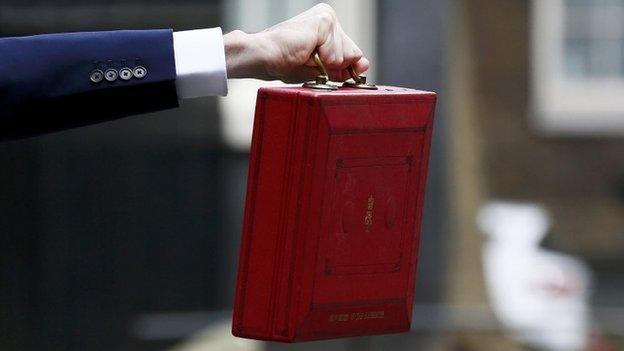
- Published8 July 2015
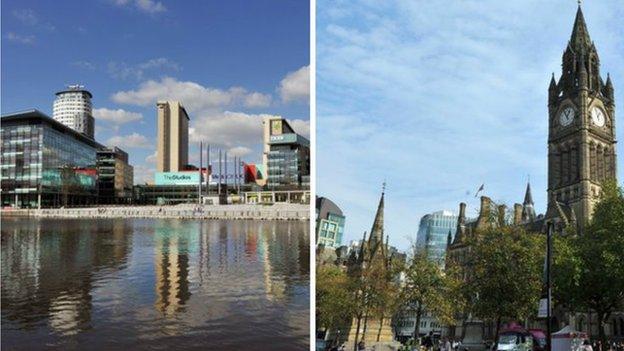
- Published25 February 2015
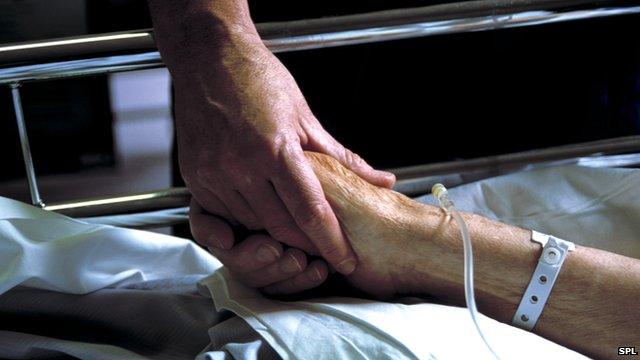
- Published16 March 2016
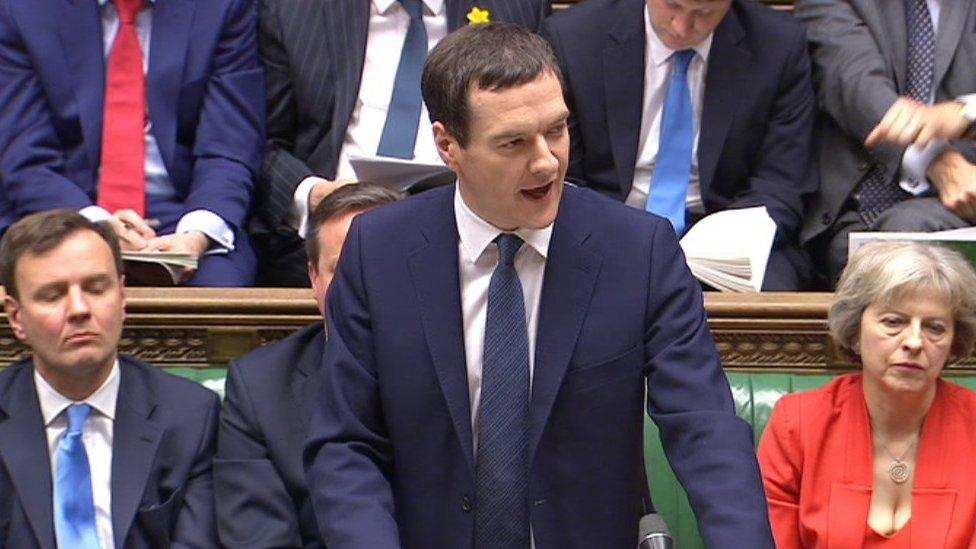
- Published14 May 2015
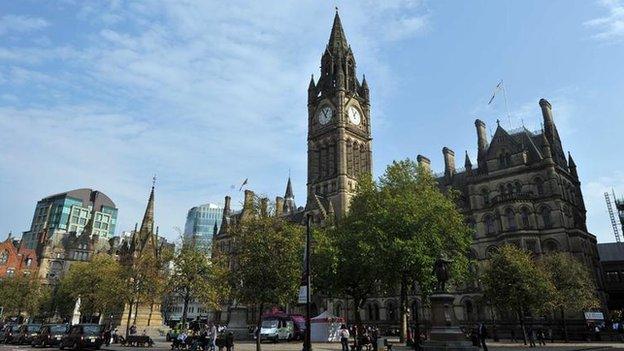
- Published14 May 2015
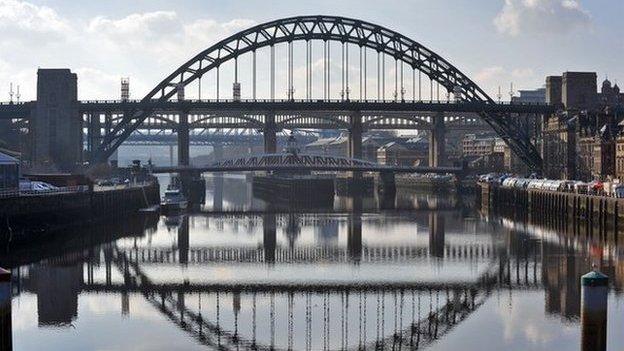
- Published14 May 2015
